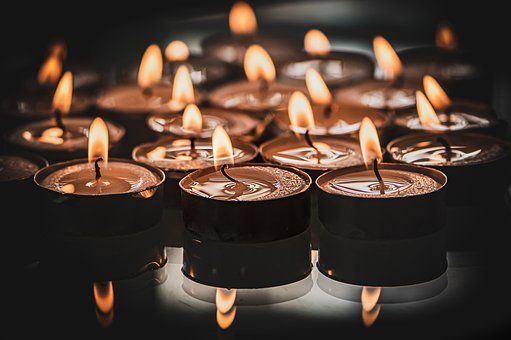Six essays, including several with a feminist tone, three novels, three stories, two anthologies, a tribute, a collection… Here are the brief reviews of sixteen notable works in this umpteenth week of the year.
Feminism. “Holding Your Tongue” by Julie Abbou
Between sociolinguistics and anthropology of language, Hold your tongue explores the complex articulation between language, feminisms and politics. Julie Abbou, language science researcher and co-founder of the journal GLAD!devoted specifically to questions of gender and language, considers language “like a place of struggle, where readings of the world clash”. From a history of grammatical gender and its semantic effects, but above all from an analysis of “feminist practices” of language, it thus accounts for what, in language, makes it possible to make society. The author also produces a bold feminist critique of so-called writing “inclusive”this “latest scam” to defuse egalitarian demands, considering that the normalization of this practice relieves it of its political force. Because the “political practice of grammar” what she calls for would be to pursue emancipation rather than inclusion. This is why, because language remains the major place of our categorization of the world, the author invites, at the end of her reflection, to “to produce the illegible”at “choose tumult and disorder, the wild culture of discourse rather than conservation”. So. Be.
“Hold your tongue. Language, place of feminist struggle”, by Julie Abbou, Les Pérégrines, 260 p., 19 €.
Literary essay. “A friend of dark times”, by Geneviève Brisac
Geneviève Brisac had already given herself the opportunity, in 1982, to discuss with Virginia Woolf (1882-1941), thanks to an imaginary interview published in The world. To the friend of dark times continues the dialogue, the novelist and essayist turning to her mythical elder for ” [lui] give our news, and take [siennes] ». In eleven letters, Geneviève Brisac goes through the greatest works of the writer – Mrs Dalloway (1925), Orlando (1928), Waves (1931) –, his diary and his correspondence. She also dwells on lesser-known texts, such as Of the disease (1926), as she tells her interlocutor about the Covid-19 pandemic that is sweeping the world. Far from the image of a frigid and depressed woman that sticks to Woolf’s skin, Geneviève Brisac does justice to the” friend “ that she knows “mocking”, “prankster” and “insolent”. She confides, above all, the comfort that her texts bring her, in a context marked by “an escalation of political and social tensions, a dark horizon over the entire planet, countless threats” – these texts which never fail to save his life, ” at [elle] and so many other women. So. Be.
You have 86.43% of this article left to read. The following is for subscribers only.

